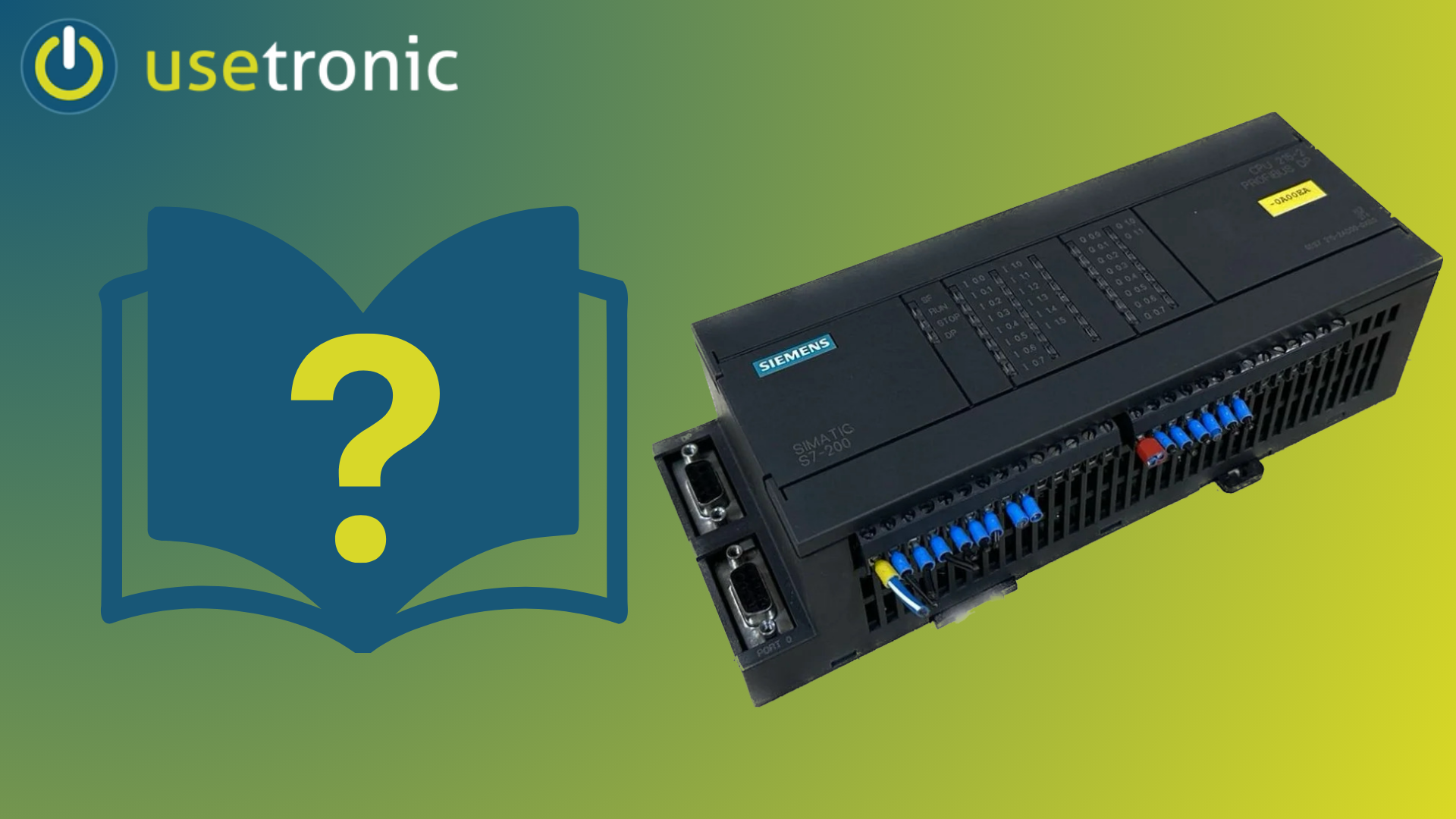Explanation
A control panel, also referred to as an operator panel or HMI (Human-Machine Interface), is a user interface that allows people to interact with machines, equipment or computer systems. It provides a visual, and often touch-sensitive, interface through which users can enter commands, view information, and monitor the status of devices or processes.
Control panels can take various forms, such as:
-
Touch screen displays: Modern control panels are often designed as touch screens, which allow users to select functions, enter parameters or call up information simply by touching the screen surface.
-
Keyboard and Button Panels: Legacy or specialized control panels may contain keyboards or button panels that allow users to enter specific commands or trigger functions.
-
Display panels: Some control panels are only used to display information and status messages without direct interaction being possible.
Control panels are used in a variety of applications, especially in industry and automation technology. They are used in production plants, machines, control systems, medical devices, vehicles, building services and many other areas. The control panels allow users to control complex processes, make settings, detect errors and monitor the status of the systems. They improve the usability and efficiency of technical systems and help to minimize human error.

What use do they have for industry?
Operator panels or HMIs (Human-Machine Interfaces) have several important uses in industry:
1. Ease of use: Control panels provide an intuitive and user-friendly interface that makes it easier for operators to interact with machines and equipment. Complex processes and functions can be controlled more easily through the use of touch screens or simple input methods.
2. Efficient control: Control panels enable efficient control of industrial systems and processes. Operators can make adjustments, change operating parameters and monitor the process quickly and precisely.
3. Real-time information: Control panels provide real-time information about the status of machines and processes. Operators can immediately call up relevant data such as temperatures, pressures, speeds and error messages and react accordingly.
4. Error detection and diagnostics: By displaying error messages and alarms, control panels can help identify problems early and carry out quick diagnostics. This enables faults to be rectified quickly and minimizes downtime.
5. Remote monitoring and control: Control panels with network connection enable remote monitoring and control of plants. This allows operators to access machines remotely, diagnose and make corrections if necessary.
6. Safety: Control panels play an important role in ensuring the safety of machinery and equipment. The easy handling and clear display allows operators to quickly activate safety-related functions such as emergency stops and alarms.
Overall, control panels in industry help to make it easier to operate machines and systems, increase efficiency, identify errors at an early stage and improve safety. They are an essential part of modern industrial automation systems and help to optimize production processes and increase productivity.




